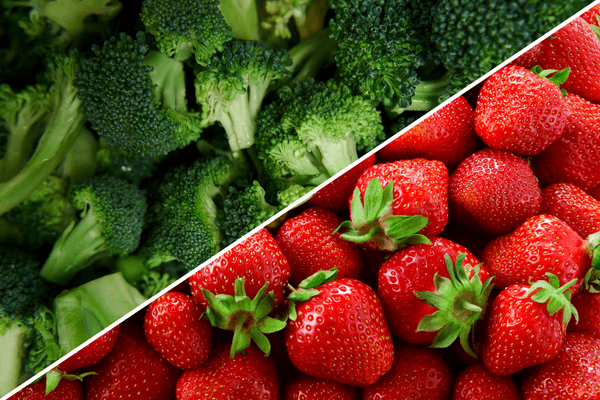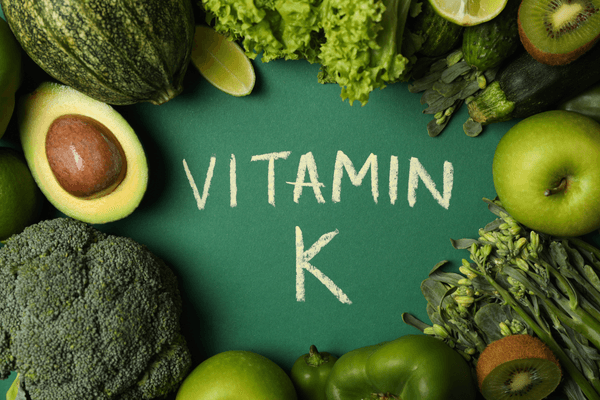Introduction
Obesity and hypothyroidism are two common clinical conditions that are strongly correlated. The link has become more significant as obesity rates around the world have increased at an unprecedented rate. Patients frequently think that obesity is a result of thyroid dysfunction. According to author Marks DF, obesity may be the culprit for changes in the thyroid-stimulating hormone (TSH). The adipocyte hormone leptin appears to be the main mediator between obesity and hypothyroidism. There is also some recent research demonstrating a link between thyroid autoimmunity and obesity.
How does thyroid control your metabolism and weight?
The thyroid, a butterfly-shaped gland, is located in the front of your neck. All over your body, there are glands, which are organs. A handful of your glands create and release hormones that help your body grow and function. The thyroid gland is crucial for a number of your body’s vital processes, including:
- Managing your body’s temperature.
- Controlling your heart’s beat.
- Managing the conversion of food into energy that sustains physiological function in your body and your body weight.
When your thyroid gland is functioning well, your body is in equilibrium and all of your systems work well. Disorders of the thyroid gland are encountered when the thyroid gland produces too much or too little thyroid hormones.
The basal metabolic rate is raised by thyroid hormone. It raises the body temperature, respiration rate, and oxygen consumption in several tissues by increasing the Na+/K+ ATPase gene expression. Lipid synthesis or lipolysis may be induced, depending on the state of metabolism.
The anabolism of proteins and the metabolism of carbohydrates are both accelerated by thyroid hormones. In excessive amounts, thyroid hormones can also cause the breakdown of proteins. Although they can enhance glucose oxidation, gluconeogenesis, glycogen synthesis, and reabsorption, thyroid hormones have little effect on blood glucose levels.
Types of thyroid disorders
-
Hyperthyroidism
An excessive amount of thyroid hormone is produced and emitted by the thyroid gland in hyperthyroidism, a medical condition. Thyrotoxicosis with hyperthyroidism or genuine hyperthyroidism is characterised by normal or elevated thyroid radioactive iodine uptake. Extra thyroidal sources of thyroid hormone or the release of preformed thyroid hormones into the bloodstream with a poor thyroid radioactive iodine uptake are the two main causes of thyrotoxicosis without hyperthyroidism.
-
Hypothyroidism
The prevalent pathological state of thyroid hormone insufficiency is referred to as hypothyroidism. If left untreated, it may have major negative health repercussions and even cause death.
-
Hashimoto’s thyroiditis
An autoimmune condition called Hashimoto thyroiditis causes thyroid cells to be destroyed by immunological responses mediated by cells and antibodies. In industrialised nations, it is the most typical reason for hypothyroidism. In contrast, poor dietary iodine intake is the most frequent cause of hypothyroidism in the globe. This condition is sometimes referred to as chronic lymphocytic thyroiditis and chronic autoimmune thyroiditis.
-
Thyroid tumours
Cancer of the thyroid parenchymal cells is known as thyroid cancer. The thyroid parenchyma is made up of two main cell types: thyroid follicular cells, which can develop into differentiated thyroid cancer (DTC), and parafollicular or C-cells, which can develop into medullary thyroid carcinoma (MTC). 90–95 percent of thyroid cancers are DTC-related, which includes papillary thyroid cancer (PTC), follicular thyroid cancer (FTC), and Hurthle cell cancer.
-
Thyroid disorders in women
Because many thyroid disorders are autoimmune in nature, women are more likely than men to develop thyroid ailments. Both pre- and postmenopausal women frequently develop hypothyroidism and thyroid nodules. Changes in thyroid function are also linked to pregnancy.
-
Thyroid hormone replacement therapy
An alternative treatment for hypothyroidism is levothyroxine sodium. Levothyroxine Sodium is approved for use in the treatment of hypothyroidism, to stop the production of thyroid hormone from malignant thyroid nodules, and to stop the development of goitres. It is additionally used to treat diseases like myxedema, cretinism, and obesity.
-
Hypothyroidism and pregnancy
Women with hypothyroidism have reduced fertility; even if they do become pregnant, the risk of miscarriage increases and the risk of gestational hypertension, anaemia, placental abruption, and postpartum haemorrhage increases. Women with overt hypothyroidism are more at risk for these problems than those with subclinical hypothyroidism.
-
Postpartum thyroiditis
In women without a history of thyroid disease before becoming pregnant, postpartum thyroiditis (PPT) is a devastating autoimmune disease that develops within the first year following delivery. An acute or chronic thyroid condition could result from postpartum thyroiditis.
People with hypothyroidism or under active thyroid struggle to lose weight and some may even gain a significant amount of weight. Dietary adjustments can help you lose weight. Some food or ingredients may have an impact on your thyroid and may have to be either avoided or included to lose weight and ensure your thyroid is healthy.
What food can I eat to improve my thyroid function?
Some foods may interact with medications like thyroxine. There are some nutrients and essential minerals that may support your thyroid function, such as –
- Zinc
- Selenium
- Iodine
- Vitamin D
- Magnesium
Some foods can lead to underactive thyroid. Iodine consumption can cause hypothyroidism if it is either too high or too low. For the thyroid to function correctly, iodine is required.
However, foods and supplements containing high amounts of iodine may cause adverse reactions in people with Hashimoto’s thyroiditis, an autoimmune condition that is a major cause of hypothyroidism, or other autoimmune disorders affecting the thyroid.
Any diet plan for hypothyroidism must include a nutrient-rich diet. For healthy thyroid function, it is recommended to include these vitamins and minerals:
Iodine
- The synthesis of thyroid hormone is hampered in the absence of iodine. On the other hand, too much iodine can potentially cause Hashimoto’s thyroiditis or make it worse, particularly if selenium levels are low.
- Because of this delicate balance, those who have hypothyroidism or Hashimoto’s disease should take extra caution to avoid taking too much iodine. Seaweed, kelp, wakame, and dulse, salmon, iodised salt, and dairy products are examples of foods that contain iodine.
- Always discuss with your endocrinologist before starting any food containing iodine. Kelp in some people is known to cause serious thyroid issues.
Selenium
- The thyroid gland stores most of the selenium in the body, where it is necessary to convert the inactive thyroid hormone T4 into the more active hormone T3.
- Selenium is also important for the thyroid, as it helps protect against autoimmune thyroiditis, which may be related to its antioxidant effects. It is found in Brazil nuts, seafood, poultry and meat, but amounts can vary depending on the selenium content.
Zinc
- Zinc works with other nutrients to produce thyroid hormone and convert it into its active form. Low zinc can contribute to hypothyroidism and symptoms such as hair loss. It is found in oysters, beef, poultry, beans, nuts and seeds (especially pumpkin seeds).
Vitamin D
- Low vitamin D levels are associated with hypothyroidism and autoimmunity. On the other hand, when vitamin D levels increase, thyroid antibodies and the overall risk of hypothyroidism are significantly reduced. Vitamin D is found in fortified foods such as dairy products, eggs or plant-based milk, but sunshine (or supplements) is the best way to get enough.
Magnesium
- Low magnesium is associated with an increased risk of Hashimoto’s disease, worsening of symptoms associated with high thyroid antibodies, and hypothyroidism. Magnesium can be found in dark chocolate, pumpkin seeds, yoghurt, beans and leafy greens.
Conclusion
Obesity and hypothyroidism are prevalent clinical conditions, with obesity rates increasing. Thyroid disorders, such as hyperthyroidism and hypothyroidism, occur when the thyroid gland produces too much or too little thyroid hormones.
Women are more likely to develop thyroid disorders, with levothyroxine sodium being an alternative treatment. Hypothyroidism and pregnancy can lead to reduced fertility, gestational hypertension, anaemia, placental abruption, and postpartum haemorrhage. Dietary adjustments can help people lose weight and maintain healthy thyroid function, with nutrient-rich diets being essential.
Nesha Felciya,
Clinical Dietitian, Simplyweight





